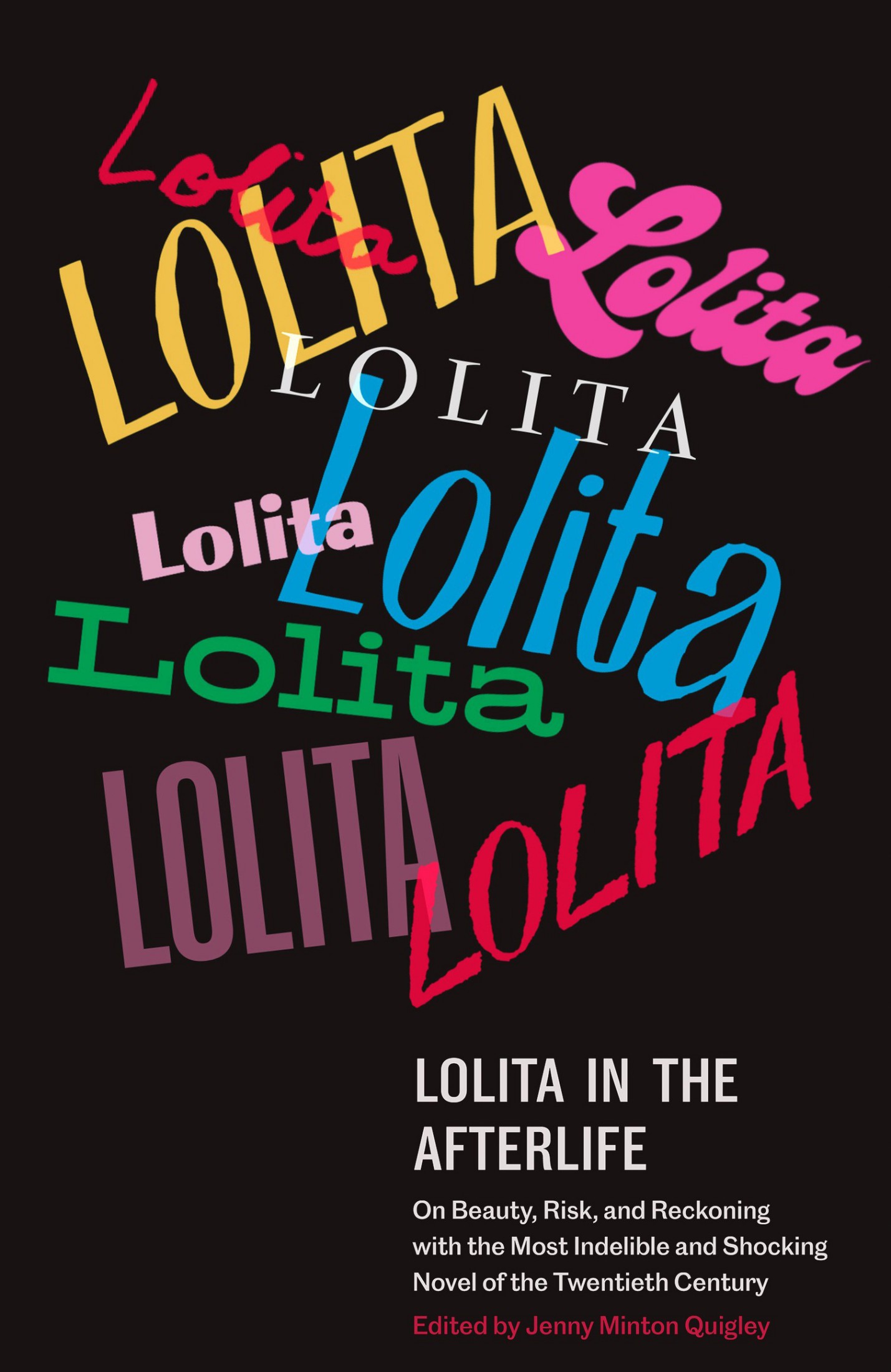
Lolita in the Afterlife
On Beauty, Risk, and Reckoning with the Most Indelible and Shocking Novel of the Twentieth Century
- اطلاعات
- نقد و بررسی
- دیدگاه کاربران
نقد و بررسی

December 21, 2020
Former book editor Minton Quigley (The Early Birds) brings together 30 thought-provoking essays inspired by Nabokov’s famous 1955 novel to provide “an enduring road map of how we think and talk about Lolita” in a post-#MeToo world. The essays examine Lolita from a variety of vantage points: in “Ugly Beautiful,” Roxane Gay discusses the complexities and importance of writing about ugly things. Sarah Weinman, in “The Showgirl Who Discovered Lolita,” details how Rosemary Ridgewell recommended that her lover, Walter Minton, president of G.P. Putnam’s Sons, publish the novel. In “Maison Nymphette,” Kate Elizabeth Russell recalls finding a community of young women in an early internet chat forum who all found inspiration in Lolita the character. The recurring theme is that while Lolita is critical of an American culture that objectifies and sexualizes young girls, it simultaneously helps to propagate those same ills; as novelist Lauren Groff writes, “Nabokov’s most dazzling creation is both a truly towering work of genius and a profoundly poisonous thing that works in darkness and hurts in stealth.” The essays are uniformly enjoyable, and readers will find this collection full of welcome perspectives on a literary classic. (Mar.)Correction: A previous version of this review misidentified the author's occupation.

January 15, 2021
A sparkling collection of essays about the controversial novel. Lolita is personal for Minton Quigley, a writer, editor, and daughter of Walter Minton, the Putnam president who first published the novel in the U.S. in 1958. Like many of the contributors, actor Emily Mortimer wonders if a novel about the sexually explicit confessions of a middle-aged pedophile could be published today. In "V�ra and Lo," Stacy Schiff incisively explores the significant role of Nabokov's wife, who "stood as the firewall between" her husband and Humbert Humbert in the book's genesis and reception. Roxane Gay explores why Lolita, with its "tension between the beauty of the novel and the ugliness of its subject matter," is a "book I love and hate in equal measure." Crime novelist Laura Lippman writes that she's "always approached Lolita as a detective story," revealing Clare Quilty as "our culprit, hidden in plain sight." Lauren Groff considers the "ways in which Nabokov sets out to seduce his readers," and Sloane Crosley considers Lolita's impact on popular culture. "In the new millennium," she writes, "Lolita is a lazy euphemism for any relationship between a younger woman and an older man." Jessica Shattuck gives voice to Charlotte Haze, Lolita's mother, and Mary Gaitskill confronts the thorny issues of art, love, and morality. Zainab Salbi bemoans the situation of women in Iraq, where "Humbert Humbert is not some fictional character but a living one, and his right to have sex with underage girls is established both religiously and thus far politically." Readers will also learn how Stanley Kubrick transformed the novel into what Tom Bissell describes as a "ferociously psychological" film and why, as Christina Baker Kline explains, we read Lolita for its language, characters, humor, pathos, and, yes, "its unsettling depiction of a sociopath." Other contributors include Alexander Chee, Ian Frazier, Morgan Jerkins, Andre Dubus III, and Aleksandar Hemon. A compendious, wide-ranging collection of sharp, thoughtful essays.
COPYRIGHT(2021) Kirkus Reviews, ALL RIGHTS RESERVED.

Starred review from February 1, 2021
In the six decades since its publication, Vladimir Nabokov's Lolita continues to fascinate and disgust. Editor Quigley's father took the risk in 1958 of publishing Lolita in the United States despite backlash and censorship threats. The 30 essays in this work present various aspects of Lolita, including a profile of the showgirl who first introduced the book to the American publishing world, its two film adaptations, its influence on modern music, and online message boards devoted to "nymphet culture" inspired by the novel. Numerous essays discuss the frequent disregard for the protagonist's victim. Contributors include Stacy Schiff, Andre Dubus III, Erika S�nchez, and Cheryl Strayed. An essay by Ian Frazier describes his nostalgia for a vanished "Motel Age" preserved by the novel's road trip scenes. Jessica Shattuck's powerful essay offers the point of view of Lolita's wronged and victimized mother. Many essayists recognize the novel's brilliance despite the ugliness of its subject matter. They also question whether Lolita could even be published today in the era of #MeToo, trigger warnings, and cancel culture. VERDICT The superb essays found in this book demonstrate the enduring impact of this novel. Highly recommended for readers interested in Lolita and Nabokov.--Erica Swenson Danowitz, Delaware Cty. Community Coll. Lib., Media, PA
Copyright 2021 Library Journal, LLC Used with permission.




دیدگاه کاربران